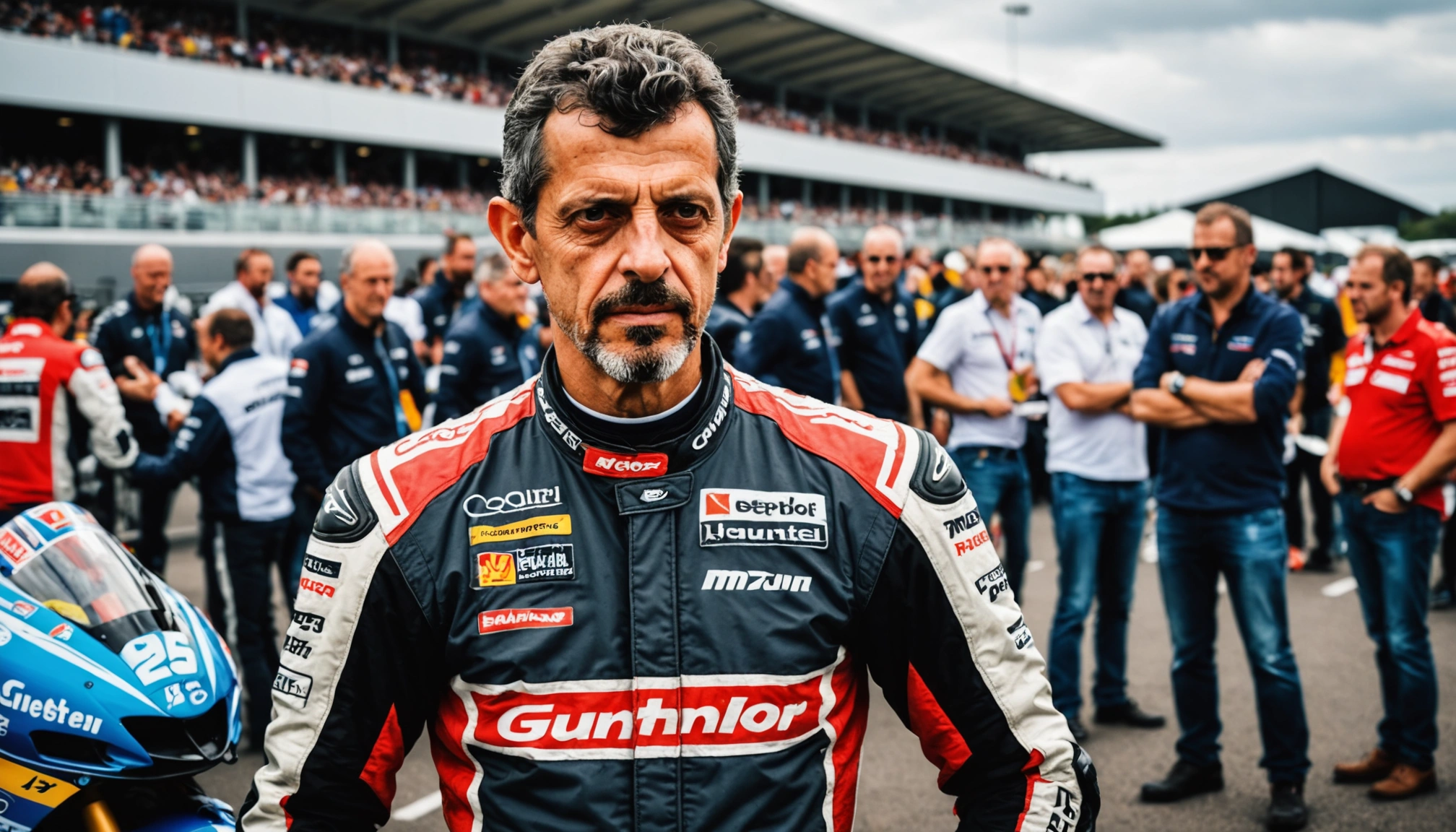R360 Rebel Rugby League Faces Key Challenges Ahead
R360 aims to revolutionise rugby with a global franchise league but faces critical questions from World Rugby. Will it gain approval and succeed by 2026?

By Editorial
Introduction To The R360 Rebel Rugby League
The rugby world is abuzz with talk of R360, a bold new franchise league aiming to attract top players from around the globe. Founded by high-profile figures like former England centre Mike Tindall, R360 promises a cosmopolitan and innovative approach to rugby union. Yet, with its planned launch in October 2026 looming, important questions remain about its viability and official recognition.
As the debate intensifies, fans and insiders alike wonder if R360 can truly reshape rugby’s club landscape or if it will succumb to familiar pitfalls.
Why World Rugby Approval Matters For R360
One of the biggest hurdles for R360 is securing sanctioning from World Rugby, the global governing body. Without this approval, R360 will operate as a 'rebel' competition outside the established rugby framework. This status brings significant risks for players, teams, and investors.
World Rugby’s endorsement offers crucial benefits, such as access to elite referees, anti-doping oversight, legal protections, and insurance. Perhaps most importantly, it increases the likelihood that players participating in R360 can continue representing their countries in Test matches.
National unions like England, New Zealand, Ireland, and France typically select only domestic-based players for their national teams. Hence, players joining R360 without sanctioning risk losing their international careers. Conversely, countries such as South Africa and Australia have more flexible policies, allowing overseas stars to remain eligible, which could influence players’ choices.
Key Challenges Facing The League
Unresolved Details And Timing Pressure
Despite submitting a detailed 120-page proposal to World Rugby, R360 has yet to answer critical questions about venues, medical staff, and regulatory compliance. This uncertainty means the league will not be ratified at the upcoming World Rugby Council meeting, pushing a decision closer to the planned start date.
With only four months until kickoff, this raises doubts about whether the league can finalise arrangements in time. Delays also cast shadows over a possible 2027 launch, which would clash with the Rugby World Cup and disrupt calendar schedules.
Player Recruitment And Quality
R360 has reportedly signed over 160 male players, including at least 10 former England internationals, targeting a total of 200. Critics argue the league may rely on ageing veterans seeking lucrative final contracts. However, insiders assert that 75% of recruits have recent Test experience, suggesting a competitive talent pool.
For context on player career choices and international ambitions, readers might be interested in Jacob Bethell’s reflections on his England summer and future ambitions, highlighting how players balance club and country commitments.
Scheduling Conflicts With International Rugby
R360’s proposed schedule, split into April–June and August–September blocks, overlaps with established international tournaments like the Women's Six Nations and the Rugby Championship. Without agreements guaranteeing player release for these fixtures, World Rugby is unlikely to grant sanctioning.
This clash illustrates the broader challenge of fitting a new global league into an already crowded rugby calendar, a hurdle that has troubled previous breakaway initiatives.
Financial Backing And Market Position
R360 claims to be fully funded, with investors lined up for all 12 franchises—eight men’s and four women’s teams. The league’s backers see an opportunity to capture the vast audience gap between marquee international rugby and domestic club competitions.
For example, the 2023 Rugby World Cup in France attracted 200 million viewers and generated a record £475 million surplus. In contrast, club rugby struggles with viewership and financial sustainability, with only 24 million fully engaged club fans worldwide, according to a report commissioned by R360 titled Reinventing Rugby.
Efforts such as the 2028 Club World Cup and the English Premiership’s franchise restructuring aim to boost club rugby’s profile. Yet, R360 believes its cosmopolitan, franchise-based model can deliver a unique product that appeals to global audiences and investors.
Lessons From Past Breakaway Attempts
History offers cautionary tales for R360. The World 12s project, which planned a short-form global rugby tournament featuring stars like Kieran Read and Schalk Burger, failed to launch after World Rugby withheld sanctioning.
Similarly, the World Rugby Corporation in 1995, backed by Australian mogul Kerry Packer, sought to professionalise rugby early with a rebel league. However, it collapsed when players reneged on agreements, viewing them as unenforceable letters of intent.
These examples highlight the difficulty of turning ambitious proposals into lasting competitions. To succeed, R360 must navigate regulatory scrutiny, secure player commitments, and convince broadcasters and sponsors of its commercial viability.
Broadcasting And Commercial Viability Concerns
Media rights and scheduling represent another significant challenge. Discovery’s European sports president Andrew Georgiou expressed scepticism about R360, questioning the notion that it could generate substantial new revenue streams.
Because the league would play matches across multiple time zones with variable start times, broadcasters worry about fitting it into existing schedules without losing audience attention. This skepticism is compounded by the potential impact on established leagues like the English Premiership, broadcast by TNT Sports, which Georgiou oversees.
For those interested in how media shapes sports success, see our coverage on following your favourite football club with BBC Sport, illustrating the importance of broadcast partnerships.
Conclusion: Will R360 Change Rugby Forever?
R360’s vision of a global rebel franchise league is undeniably ambitious, aiming to bridge the gap between international spectacle and club rugby’s commercial challenges. However, critical questions remain over World Rugby sanctioning, scheduling conflicts, player eligibility, and broadcasting deals.
Whether R360 can overcome these obstacles and avoid the fate of previous breakaway attempts remains uncertain. Rugby fans and stakeholders should watch the next World Rugby Council meetings closely, as decisions there will shape the sport’s future landscape.
In the meantime, the story of R360 offers an intriguing case study in sports innovation, governance, and the complex balancing act between tradition and change.
Related topics
Editorial
Sports expert at SportsScoop
Specialist in sports analysis and journalism
Related articles
Want to read more?
Explore our comprehensive collection of sports articles and analysis, or contact us for more information.



